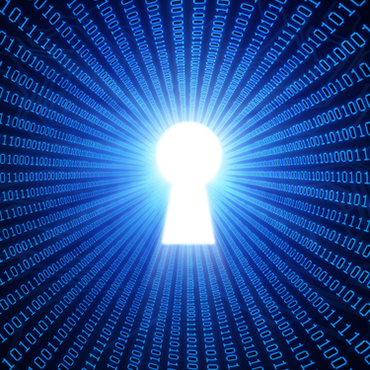Daniels: CTIIC will take pressure off White House
The new cyber intel center will have about 50 staffers to start, with about half permanent employees and half detailees from intelligence agencies.

A newly announced cyber intel center will free up cybersecurity specialists on the National Security Council to do their job of evaluating and coordinating intelligence, and get them out of the business of interpreting raw signals, said White House cybersecurity coordinator Michael Daniel.
"There's a degree of integration that's occurring on my staff that really should not be occurring. It needs to come into us that way. I think that [the Cyber Threat Intelligence Integration Center] will be a great force multiplier in this space," Daniel said at a Feb. 11 meeting of the Information Security and Privacy Advisory Board, a policy review group run by the National Institute of Standards and Technology.
Details about the CTIIC office, which is modeled on the National Counterterrorism Center and will operate under the authority of the Office of the Director of National Intelligence, are still preliminary. The top White House counterterrorism advisor announced the new agency in a speech Feb. 10. President Barack Obama will discuss the CTIIC at a cybersecurity summit in Silicon Valley later this week.
For starters, the agency will have about 50 staffers. Daniel said the goal was to have about half be permanent employees of CTIIC and half detailees from the intel agencies that will be customers of CTIIC. Of necessity, the unit will be launched with detailees and assignees. Private-sector cyber specialists from key industries such as finance and energy are not going to be included in the rotation, Daniel said.
"At least in our conception right now, the staffing of the center will be government, because it's primarily not designed to interact with the private sector on a daily ongoing basis," Daniel said. The sector-specific knowledge will come from cyber specialists from FBI and DHS that have experience working with the private sector. "That's one of the issues that we do need to consider -- how the CTIIC's knowledge base and capabilities remains relevant and fresh and up to date. That's one of the questions we'll have to work out," Daniel said.
Primarily, the CTIIC is being conceived of as a "government back-office organization designed to enable the centers to do their job better, and enable the White House to do a better coordination function with the agencies," Daniel said.
Private industry is expected to pitch in with its own cybersecurity commitments at the Feb. 13 event at Stanford University, Daniel told reporters after his comments for the ISPAB. The summit serves as kind of a forcing mechanism to get industry to move on their own cybersecurity initiatives. "We all need a deadline," Daniel said. "That helps focus the mind."
Another benefit will be setting the stage for the implementation phase of information sharing between the public and private sector. "We've been talking about information sharing for an extremely long period of time. It's now time to talk about how we're going to do that in concrete terms," Daniel said.






